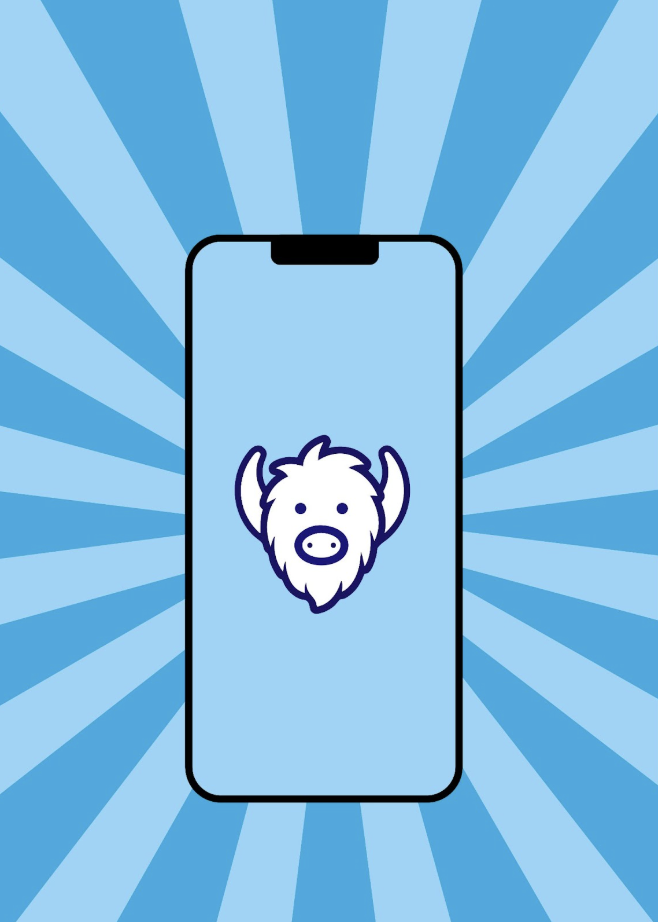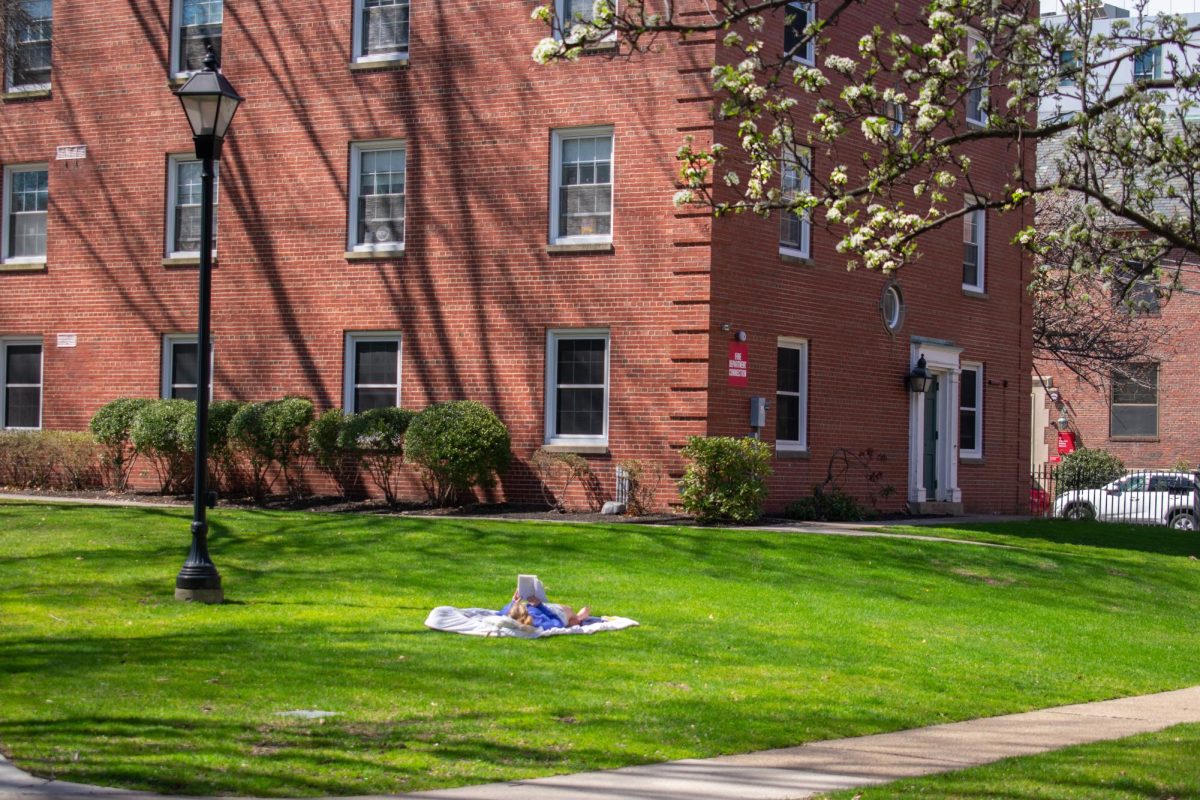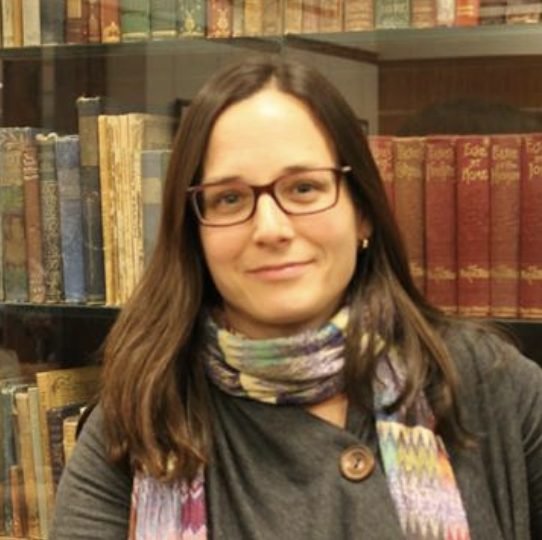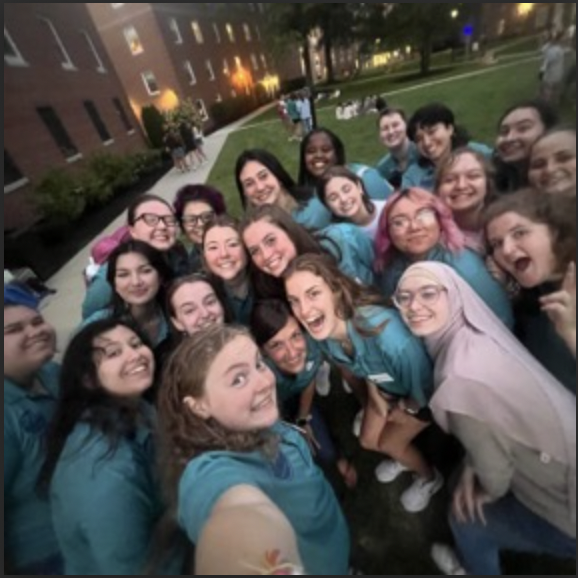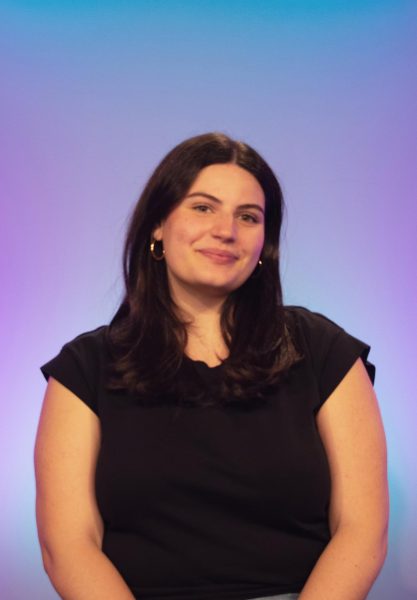Yik Yak, a localized anonymous online forum, has risen to popularity again for the Simmons community this past school year. Yik Yak requires that users log in with their institution’s email account and are then able to join nearby communities, such as colleges, high schools or local events. Common posts in a forum dedicated to Simmons include humorous commentary on shared experiences, reminders to fellow community members and inevitable online disputes.
Madison Keidel, a Public Relations and Marketing Communications junior, finds the app entertaining, but says that it can be quite a harsh environment at times. “I think [Yik Yak] is good because it lets students talk about things in a way that they couldn’t if their names were attached… you kind of have to sift through it to see what’s true and what’s false,” said Keidel.
Students are not the only ones scrolling through Simmons’ Yik Yak page. Marquet Houston, Associate Director of Residential Engagement, checks the app a couple of times per week.
“I think that having knowledge about what’s happening in the community allows us to be better prepared to do our jobs,” said Houston. There have been no reports of Simmons’ administration monitoring Yik Yak, but Houston mentioned that some members of the faculty and staff find it helpful to check in to see what topics are at the forefront of students’ minds.
While the anonymity of Yik Yak raises concerns about accountability, it also allows users to feel more comfortable sharing their thoughts and opinions. “Yik Yak gives us a little bit more of an unfiltered lens to what students are talking about,” said Houston.
Houston also said that the app has a neutral impact at Simmons due to the equal amounts of lighthearted posts and negative comments. Yik Yak provides a space for students to speak their minds and relate to peers, but comes with dangers of becoming an echo chamber of pessimism.
“I think that anonymity lends itself sometimes, unfortunately, to people feeling enabled to either stir things up [or] say things they wouldn’t say to someone’s face,” said Rae-Anne Butera, Vice President of Student Engagement.
While it’s difficult for the university to monitor and mitigate all negative comments online, Butera emphasizes that part of her job is to remind students of expectations. Part of Simmons’ core values is to foster an uplifting and inclusive environment, which Butera said should be reflected in online engagement.
Yik Yak has a long history of heavy criticism and has been associated with hate speech, cyber harassment and threats of violence. For this reason, the app was shut down in 2017, four years after its launch. In 2021, Block, Inc. purchased Yik Yak’s intellectual property and reintroduced the platform to app stores.
“We’re bringing Yik Yak back because we believe the global community deserves a place to be authentic, a place to be equal and a place to connect with people nearby,” reads a statement on their website.
With new community guidelines, Block, Inc. has worked to make Yik Yak a more positive community. Users can be reported and banned from the app and posts that get more than five “downvotes” are immediately removed from the feed.
Samantha Baker, a Communications major in her freshman year, enjoys posting funny and relatable content for peers. “Yik Yak definitely does create a space for cyberbullying, but for me personally it opens up a door to be myself, but some people don’t use it that way. Often people will use the app to spread hate or misinformation,” said Baker.



